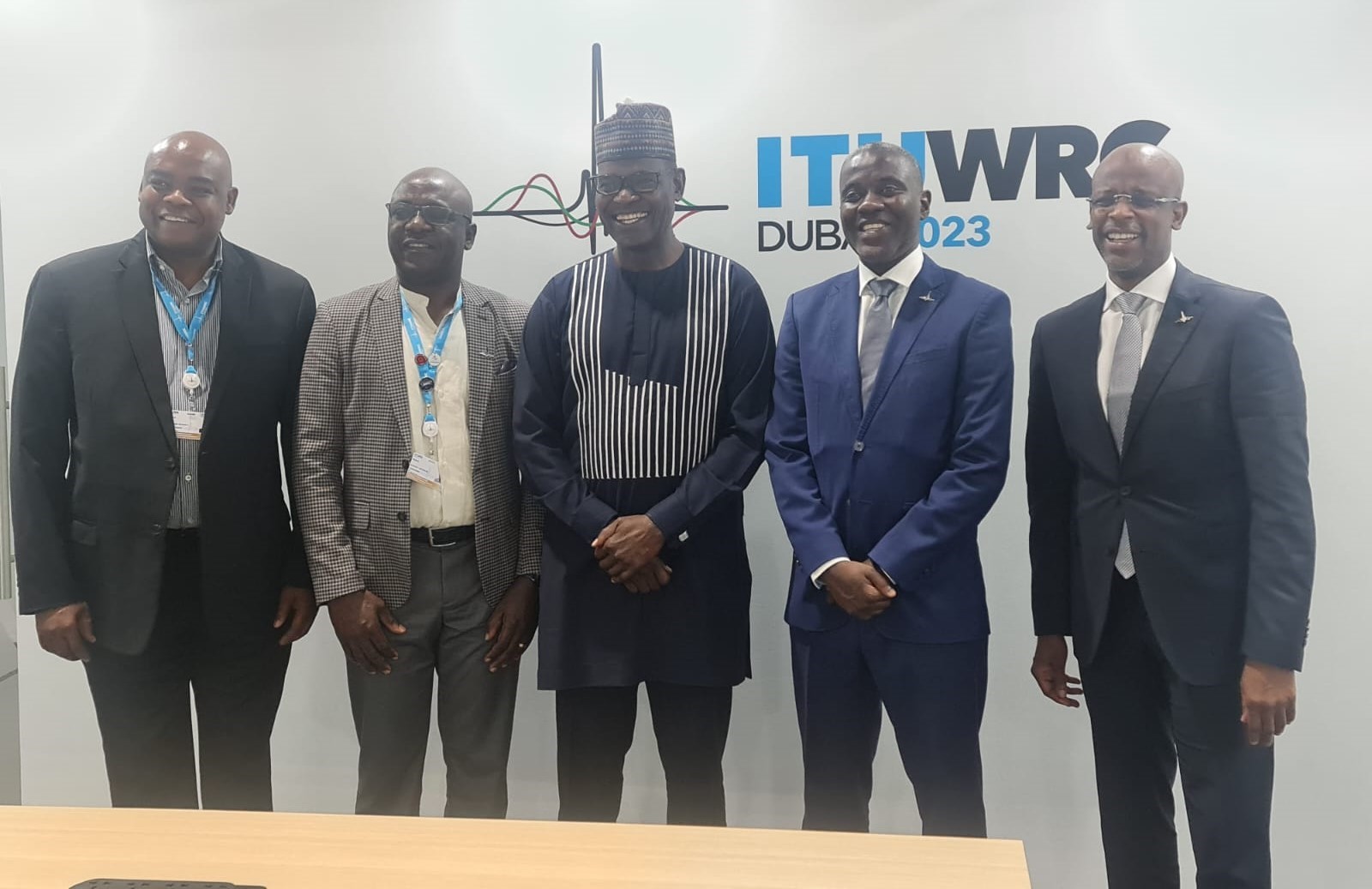The International Telecommunications Union (ITU) and African Telecommunications Union (ATU) have jointly announced the identification of 18,326 usable new FM channels for Africa.
The two organisations also announced that satellite resources for 31 African countries and 14 others outside Africa, valued at billions of US dollars, have been reclaimed.
At a ceremony in Dubai, United Arab Emirates, on the fringes of the concluding World Radiocommunications Conference 2023 (WRC-23), ITU and ATU noted that the two achievements are results of the implementation of decisions sanctioned at the previous WRC in 2019 in Sharm el-Sheikh, Egypt.
WRC-19 adopted a resolution to help countries, majority in Africa, with degraded Broadcasting Satellite Service (BSS) Plans, which are used to distribute television and radio signals, to replace them with better ones.
The degradation was because of the lack of resources for conducting proper coordination.
WRC-19 also paved the way for an agreement between ATU and ITU to undertake a project, known as, the GE84 (FM) Plan Optimization project, which sought to identify new usable radio frequencies for FM sound broadcasting in Africa.
Due to full exploitation, the FM radio channels allocated under the GE84 Plan, established in 1984, were depleted and many African countries were no longer able to assign channels to new or for expansion of FM radio stations.
For example, in Uganda, prospective radio owners are kept waiting for many months due to lack of spectrum space.
ATU Secretary General, Mr. John OMO, who hosted the Dubai celebrations to mark the two achievements called on African Administrations to take full control and responsibility for the resources and create new opportunities in the telecommunication/ICT industry for the African people.
ITU, ITU Radiocommunications Bureau (BR), the ITU Radio Regulations Board (RRB) and the Southern African Development Community (SADC) provided the ATU with technical support, filing guidance, and capacity-building initiatives throughout the implementation of the two WRC-19 decisions.
ITU Secretary General, Ms Doreen BOGDAN-MARTIN ––present at the forum –– commended ATU for spearheading the achievements. “You have achieved a major milestone for the continent, and for ITU – at a time when nearly 40% of the Sustainable Development Goal targets relies on the availability of earth observation data collected by satellite systems,” she said.
Ms. BOGDAN also announced that in 2024, the ITU will organize training activities to build African countries’ capacity to apply WRC-23 decisions related to the fixed and broadcasting satellite services.
“We’re also committed to providing the necessary capacity building support to address spectrum or satellite-related challenges to any Member State that requests it from us,” she added, further affirming that ITU will continue to follow Africa’s spacefaring ambitions closely, keeping a close eye on the growing number of national space programs – now up to 20.
World radiocommunication conferences are held every three to four years. It is the job of WRC to review, and, if necessary, revise the Radio Regulations, the international treaty governing the use of the radio-frequency spectrum and the geostationary-satellite and non-geostationary-satellite orbits.
Revisions are made based on an agenda determined by the ITU Council, which considers recommendations made by previous world radiocommunication conferences.

